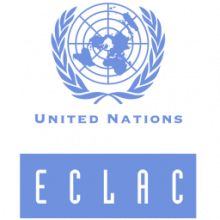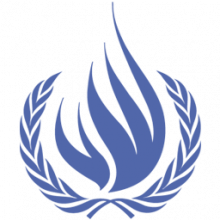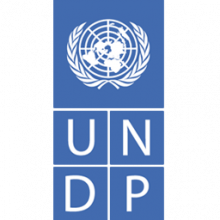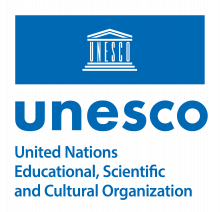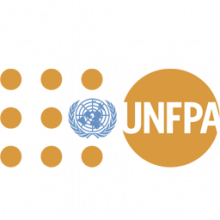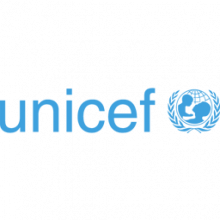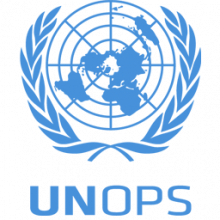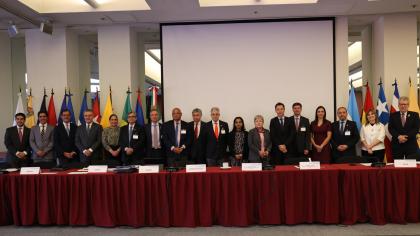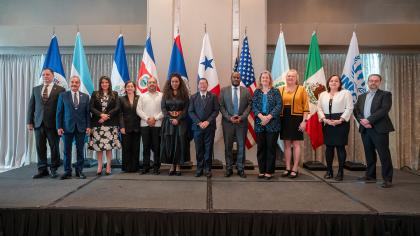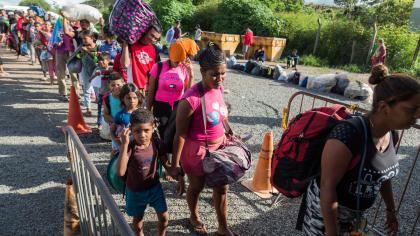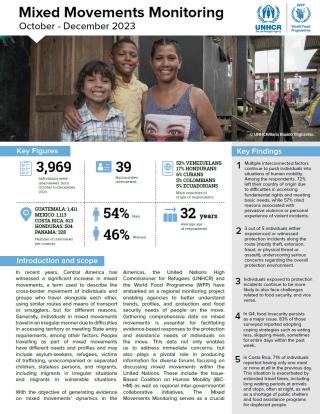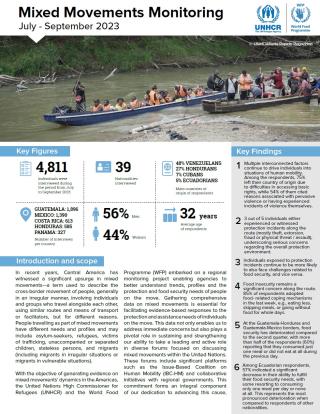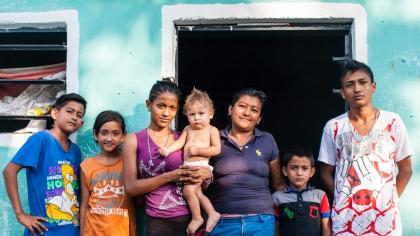
Description
Goal 16 is about promoting peaceful and inclusive societies, providing access to justice for all and building effective, accountable and inclusive institutions at all levels. People everywhere should be free of fear from all forms of violence and feel safe as they go about their lives whatever their ethnicity, faith or sexual orientation.
However, ongoing and new violent conflicts around the world are derailing the global path to peace and achievement of Goal 16. Alarmingly, the year 2022 witnessed a more than 50 per cent increase in conflict-related civilian deaths – the first since the adoption of Agenda 2030 – largely due to the war in Ukraine.
High levels of armed violence and insecurity have a destructive impact on a country’s development, while sexual violence, crime, exploitation and torture are prevalent where there is conflict or no rule of law, and countries must take measures to protect those who are most at risk.
Agencies, Funds and Programmes
Regional indicators
Activities
News
-
-
-
News
Publications
Information Tools
-
-
Resource TypeWebsite
-
